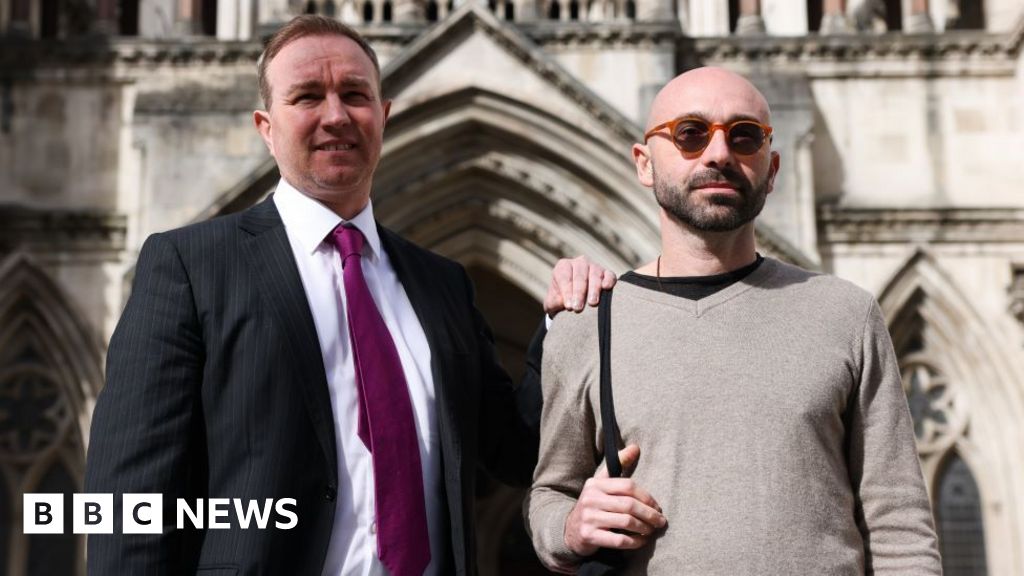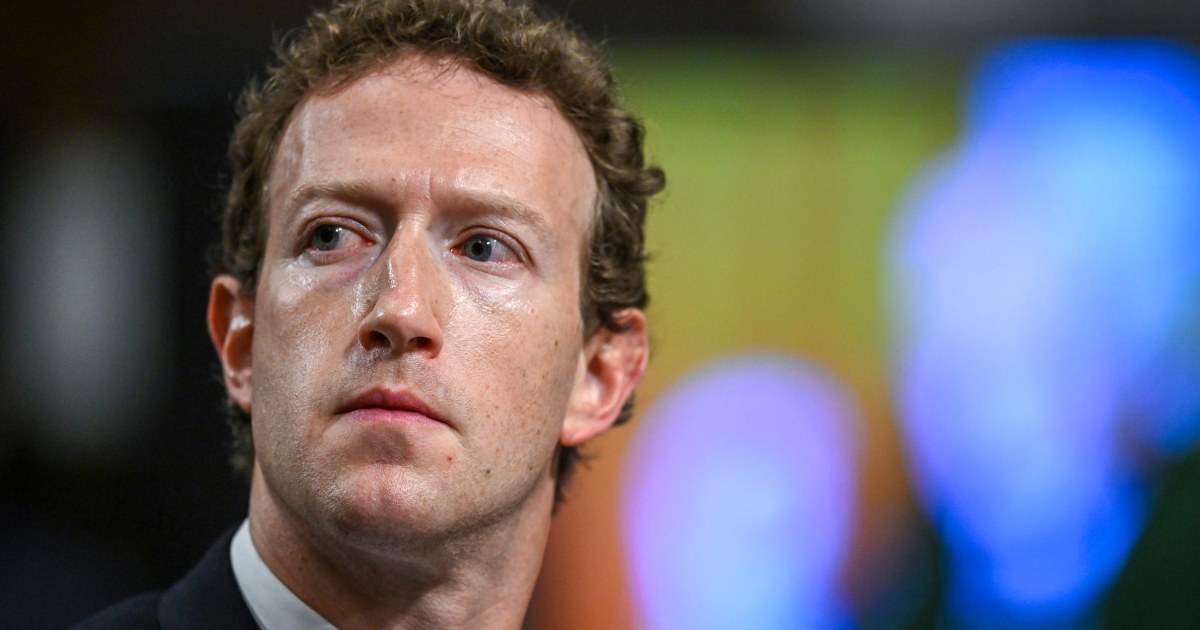Supreme Court to Decide on Potential Miscarriages of Justice in Interest Rate Rigging Cases

The Supreme Court of the United Kingdom is preparing to make a pivotal ruling concerning the cases of two former City traders, Tom Hayes and Carlo Palombo, who are currently imprisoned for their alleged roles in manipulating interest rates. This case has garnered significant attention not only because of the serious nature of the allegations but also due to growing concerns among senior politicians regarding potential miscarriages of justice that could have far-reaching implications.
Hayes and Palombo are part of a larger group of 37 traders who were prosecuted for their involvement in the manipulation of Libor (London Interbank Offered Rate) and Euribor (Euro Interbank Offered Rate) benchmarks. These rates play a crucial role in determining the interest rates for countless mortgages and commercial loans worldwide. Hayes, who previously worked at UBS, was convicted in August 2015 and became the first banker to be sentenced for rate rigging, receiving a hefty 14-year prison term. His conviction was based on accusations from both the United States Department of Justice and the Serious Fraud Office (SFO), claiming that he was a “ringmaster” of an extensive international fraud conspiracy.
The implications of the Supreme Court's ruling are significant. Should the traders succeed in their appeal, it could potentially lead to the quashing of all remaining convictions from nine criminal trials associated with this scandal. The Serious Fraud Office has opposed this application, arguing that the defendants were justly convicted of conspiracy to defraud. They highlight numerous previous attempts to overturn these convictions at the Court of Appeal, which have all been unsuccessful.
Adding to the complexity of this case is the revelation that during the time these traders were being prosecuted, high-ranking officials within central banks and government bodies appeared to have pressed financial institutions to engage in similar practices — yet, none of these officials have faced prosecution. Notably, as the traders served their sentences, evidence surfaced suggesting that influential figures, including advisors from 10 Downing Street, had also encouraged banks to manipulate rates, albeit on a much larger scale. Following their release and a subsequent ruling from a US appeal court, which stated that such actions were not actually crimes, the US authorities dropped the charges against Hayes, while in the UK, he and others remain convicted criminals.
The spotlight on this case is also intensifying calls for a public inquiry into the much larger context of interest rate rigging. Politicians, including former shadow chancellor John McDonnell and former Brexit Secretary David Davis, have expressed their concerns about the possibility of scapegoating these traders in what they characterize as a profound miscarriage of justice, arguing that the situation is more scandalous than the infamous Post Office scandal.
Libor and Euribor have long been critical benchmarks in international finance. Since their inception, they have provided a daily snapshot of the cost of borrowing cash between banks. Each day, banks submit their borrowing rates, and these figures are averaged to calculate the official benchmark rates. However, during the time of the traders’ activities, there was significant pressure to present favorable rates, which is where the alleged manipulation came into play. Hayes and Palombo, among others, reportedly communicated with cash traders to influence the rates submitted based on their banks' commercial interests. Prosecutors have claimed that such actions amounted to an effort to cheat the market, while the traders argue that their actions were merely consistent with industry practices that had been in place for decades.
Moreover, the implications of the prosecution and the subsequent court rulings extend beyond individual culpability; they raise critical questions about the legality of established banking practices. The court's decisions suggest that these traders' actions were not only unlawful but made them scapegoats for actions that were, at times, encouraged by higher-ups in the financial system. Palombo has described his experience since his conviction as a “Kafka nightmare,” emphasizing that the legal proceedings against him have not only impacted his life but also set a concerning precedent for other financial workers.
The Treasury and the Bank of England, for their parts, have distanced themselves from accusations of seeking to influence Libor submissions. The Bank of England has asserted that Libor was not regulated at the time the traders acted. As the Supreme Court prepares to hear these cases, the outcome could redefine the legal landscape surrounding financial practices and the accountability of both traders and high-level officials. This is the first time the cases have reached the Supreme Court, following sustained public pressure for a thorough examination of the circumstances surrounding these convictions.

























